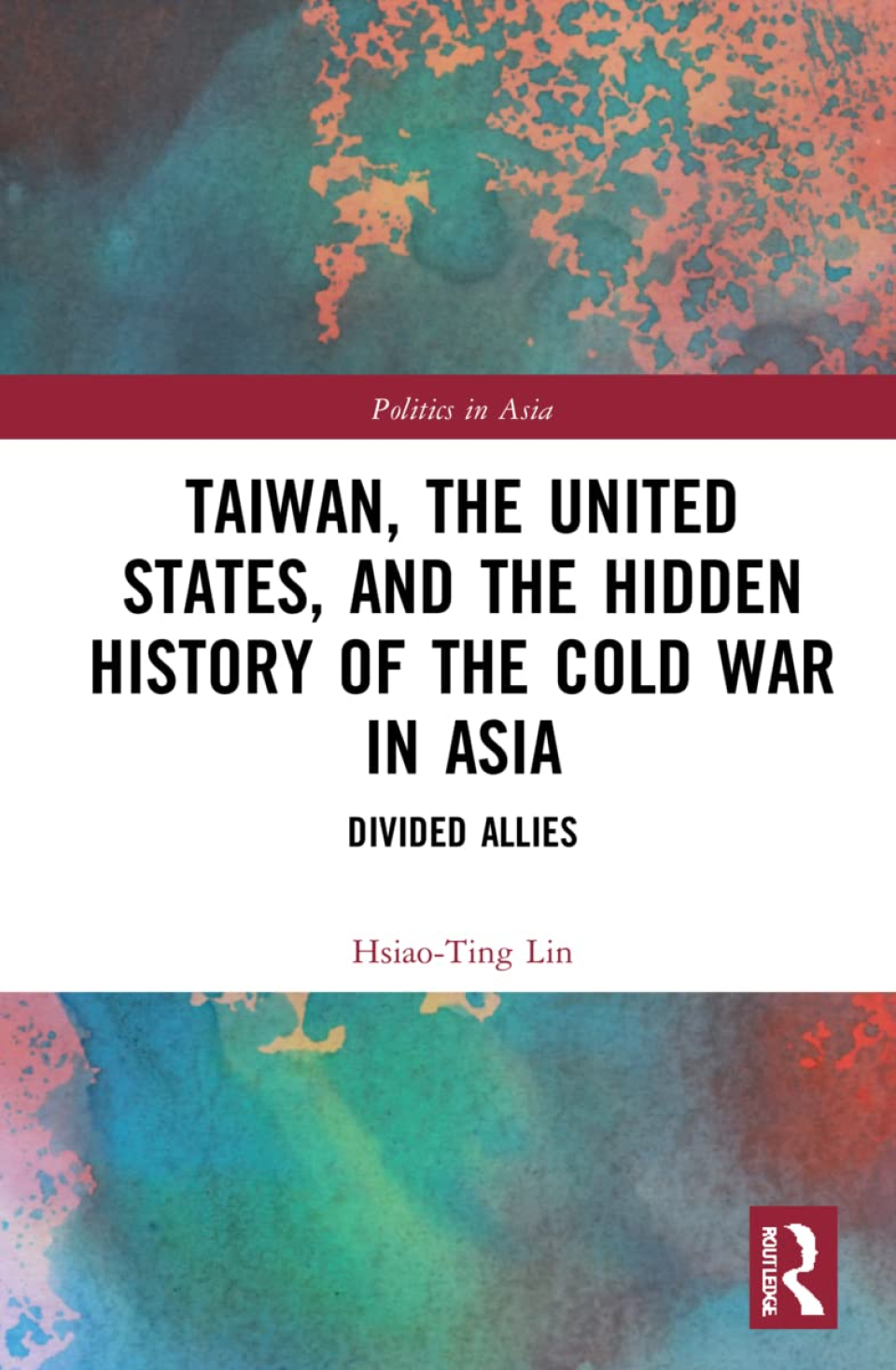by: Hsiao-Ting Lin

Hsiao-ting Lin is a Taiwanese research fellow at the Hoover Institution who studies Greater China, including ethnopolitics, the Kuomintang, and Taiwan–United States relations during the Cold War. Lin was born in Taipei in 1971. He received a bachelor's degree in political science from National Taiwan University in 1994 and a master's degree in international law and diplomacy from National Chengchi University in 1997. He holds a DPhil in oriental studies from the University of Oxford, which he received in 2003.
This book explores the challenges which faced the United States and Taiwanese alliance during the Cold War, addressing a wide range of events and influences of the period between the 1950s and 1970s. Tackling seven main topics to outline the fluctuations of the U.S.–Taiwan relationship, this volume highlights the impact of the mainland counteroffensive, the offshore islands, Tibet, Taiwan’s secret operations in Asia, Taiwan’s Soviet and nuclear gambits, Chinese representation in the United Nations, and the Vietnam War. Utilizing multinational archival research, particularly the newly available materials from Taiwan and the United States, to reevaluate Taiwan’s foreign policy during the Cold War, revealing a pragmatic and opportunistic foreign policy disguised in nationalistic rhetoric. Moreover, this study represents a departure from previous scholarship, emphasizing the dictatorial and incompetent nature of the Chinese Nationalist regime, to provide fresh insights into the nature of U.S.–Taiwan relations.
Presenting a revisionist view of one of the strongest bilateral relationships of the Cold War, this will be an insightful resource for scholars and students of Chinese and East Asia History, Cold War History, Asian Studies, and International Relations.
Source: amazon

















